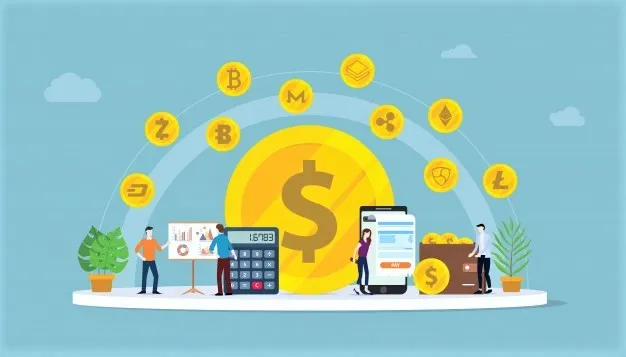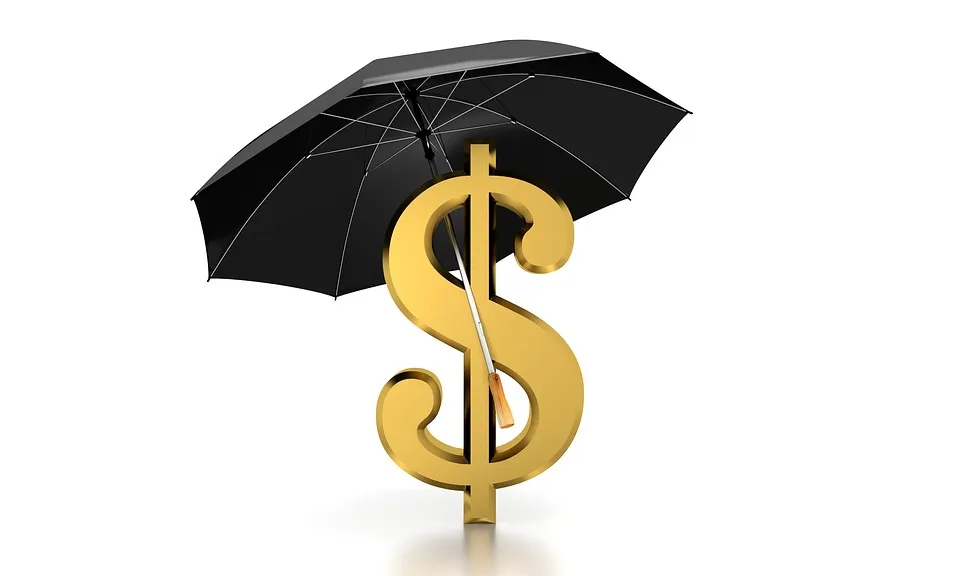No matter where you are on the Internet, the ultimate cliche question of whether money can buy happiness or not never seems to fully disappear. Different people have different ideas on the subject and since happiness is a personal experience, the debate never really comes to a mutual agreement.
There's already a lot of inspirational crap flying around on the Internet about how money can't buy happiness, something which our parents used to remind us constantly as kids. But then why is it that rich people often look more satisfied with their lives than the less-fortunate among us?
I know you're not here to read the same old cliche answers that everyone else seems to throw around, so I'm going to get straight to the point. The way I see it, you have two options (or both?) to use your money for long-term happiness:
Spending On Others
Some people like to believe that money is the root of all evil, which can't be more wrong of a statement. Money is not the reason evil exists; evil will always be there no matter what. Money is just a tool, and how we use it is what determines the end outcome, either good or bad.
Other people who believe that money can't buy happiness, like to refer to it as a "necessary evil" which might make more sense but it still isn't quite the answer we are looking for here. My cousin and I had a discussion a couple months ago and we came out with a really good insight:
"Money can't buy happiness but it can deliver it," which basically means that true happiness can only be achieved when people share experiences with, serve, or buy things for each other, and not only for themselves.
Like when your parents bought you your first bicycle when you were a kid or your friends giving you a gift on your birthday. In literal definition, it can't be called "buying happiness" because there is no transaction done between the two people.
You aren't (or rather, shouldn't be) expected or obligated to give someone a gift if they did so for you in the past. If they do expect a gift in return from you, then it's not really a gift, but a trade.
Spending On Self
But then what about spending money on ourselves and buying things that we really want? Does that not make us happy?
Technically, yes, it does. But 'satisfaction' is a much more fitting word in this case. Sure, you can buy the latest iPhone for yourself and be happy with it, but it's not the kind of happiness we are talking about here.
Happiness, if we're gonna define it, should be long-term and non-materialistic, which is a little hard to do here because money itself is a materialistic thing. So then how do we convert this materialistic thing into a non-materialistic one?
The answer is quite simple actually if you think about it. It's to use your money to buy experiences, and not things. This way, you are converting your materialistic assets into non-materialistic memories, which gives out deeper and long lasting happiness.
Personally though, I prefer the first option more. I do really like spending on myself and experiencing and exploring places alone, but I like it better when I'm sharing that moment with someone else even if I have to pay a little extra.
Seeing how this experience is worth it for them, makes it worth it for me. This is a good example, I think, on why happiness is a subjective thing and you are always free to choose either of those two options or even keep a balance between them.

Related articles:
- Why You Should Reward Yourself Every Once In A While
- How Companies Use Fear As A Tool Into Making You Buy Their Products
Continue reading:
- Real Talk #3 - The Art of Asking for Help
- Next Stop, Dolphinhood! - Reaching The 500 SP Minnow Mark
- Should You Silence Your Inner Critic? - How To Take Decisions When You Are Unsure Of Yourself
- I'm Learning How To Be Happy With Little
- Why Do We Listen To Sad Music When We Are Sad?
- The Time I Was Featured In The Blissfish Minnow Spotlight!



